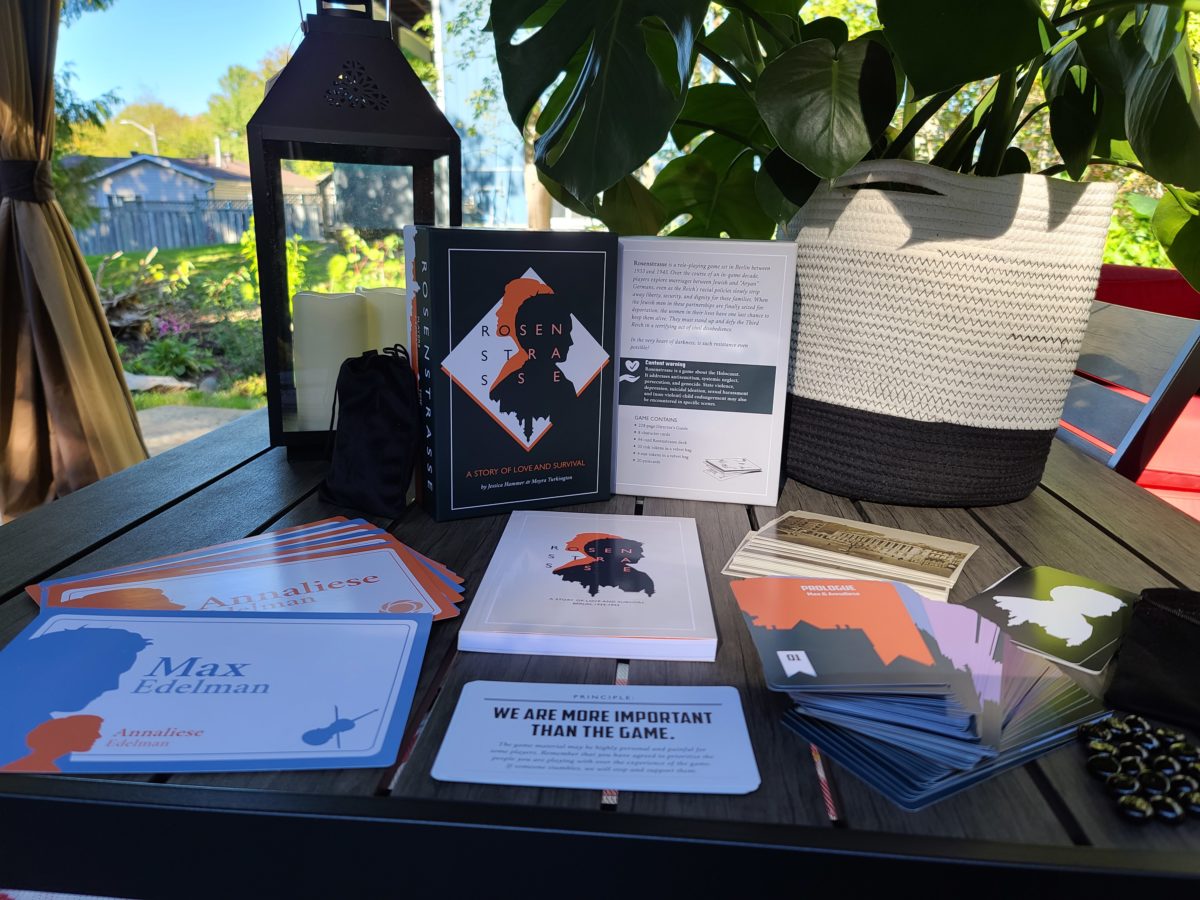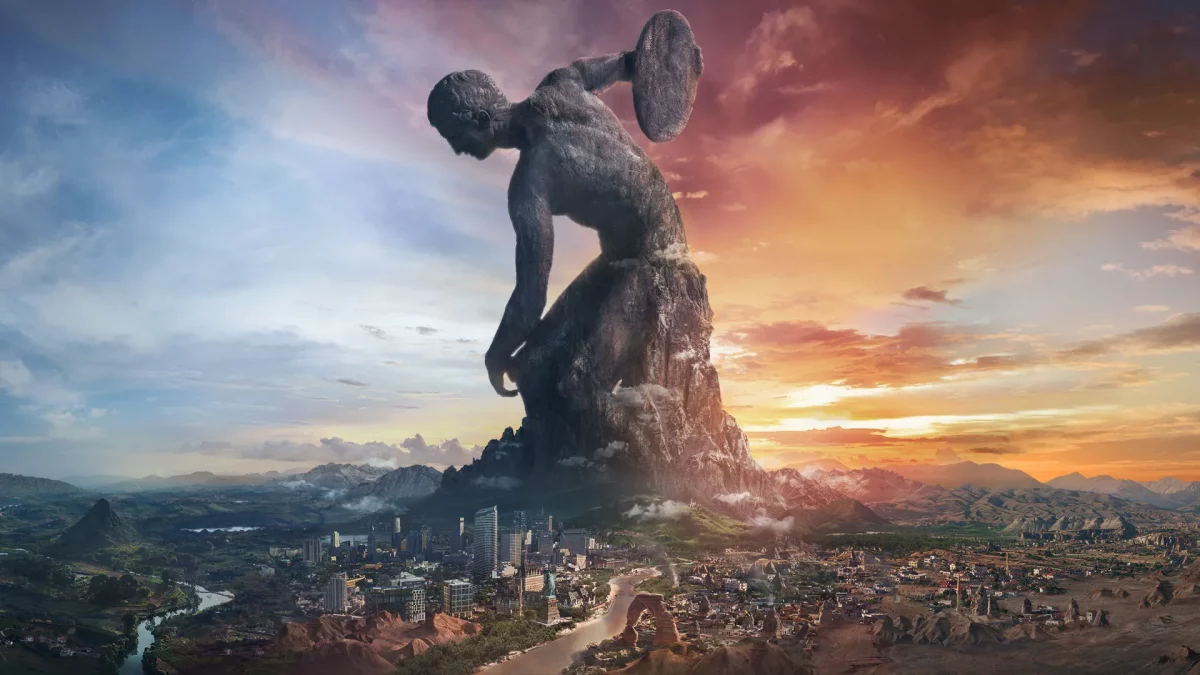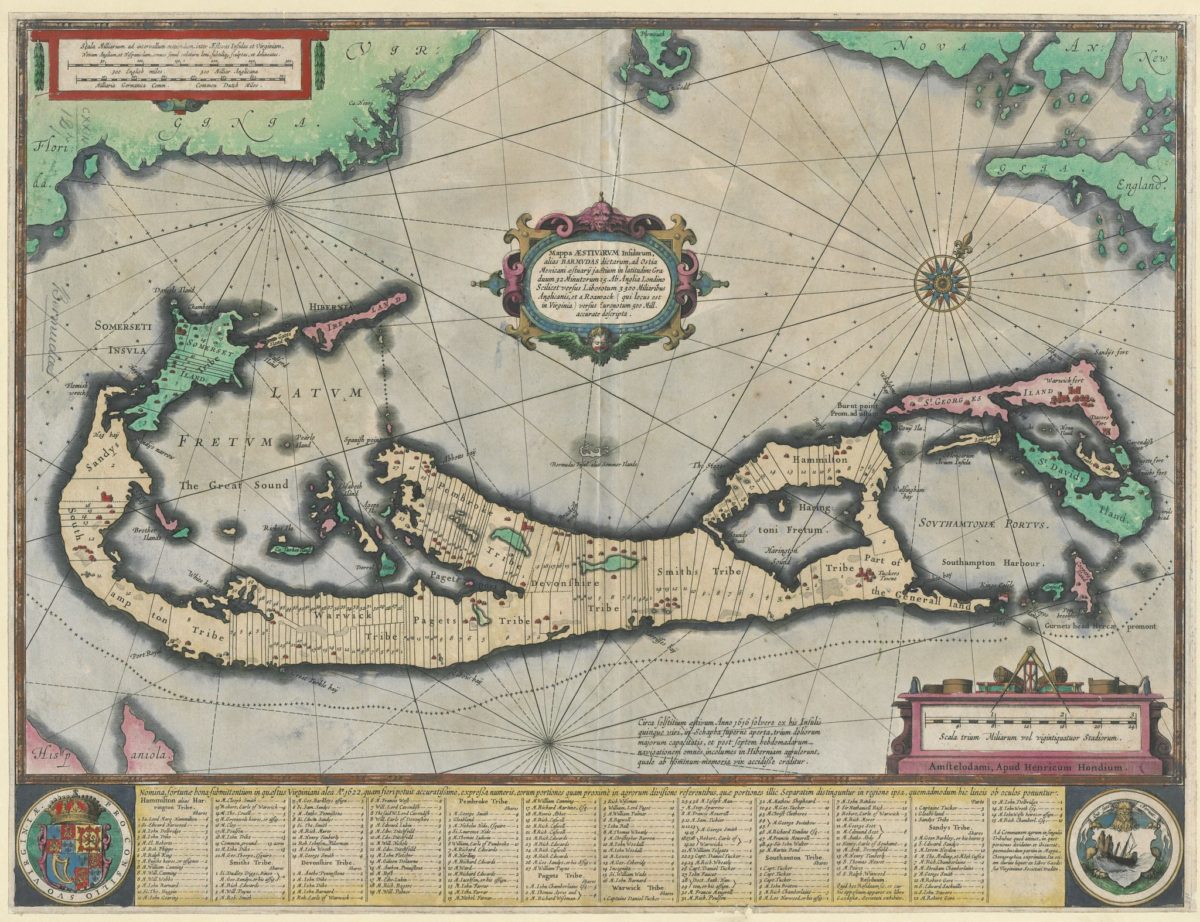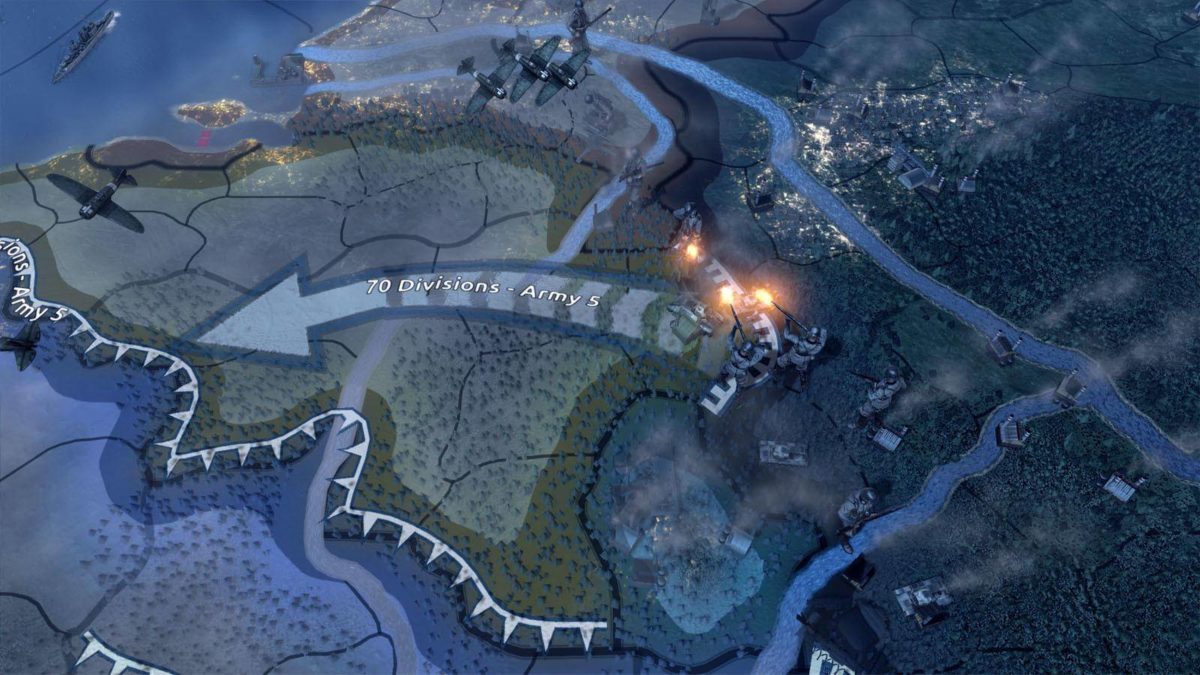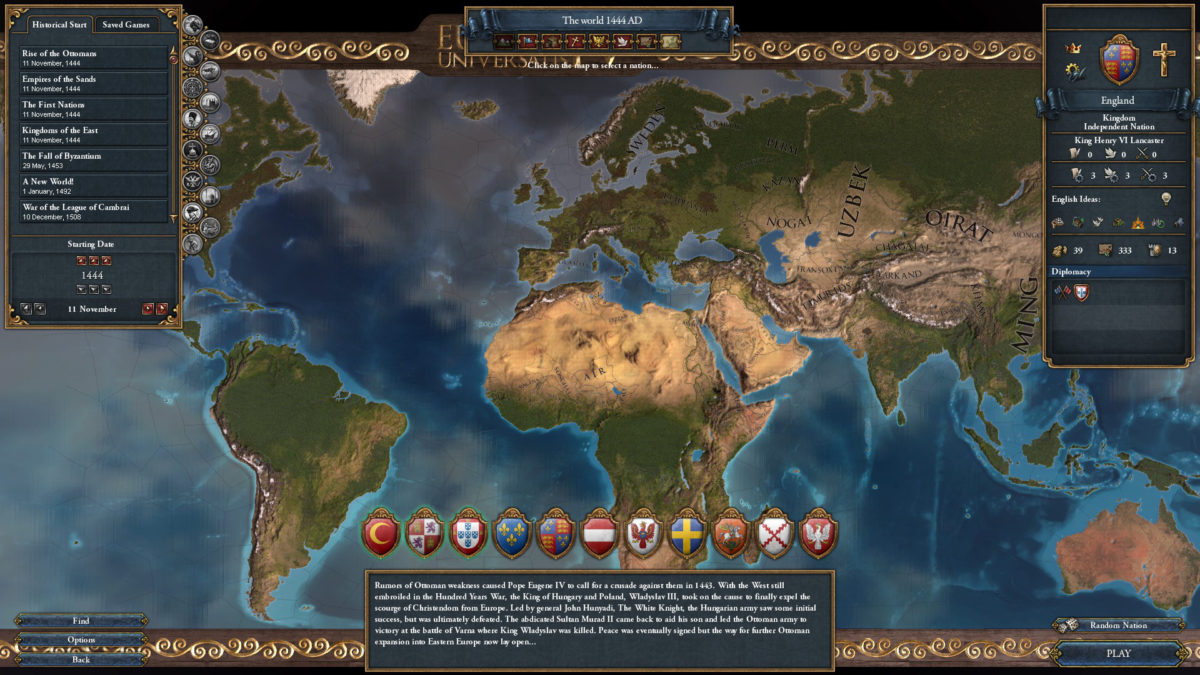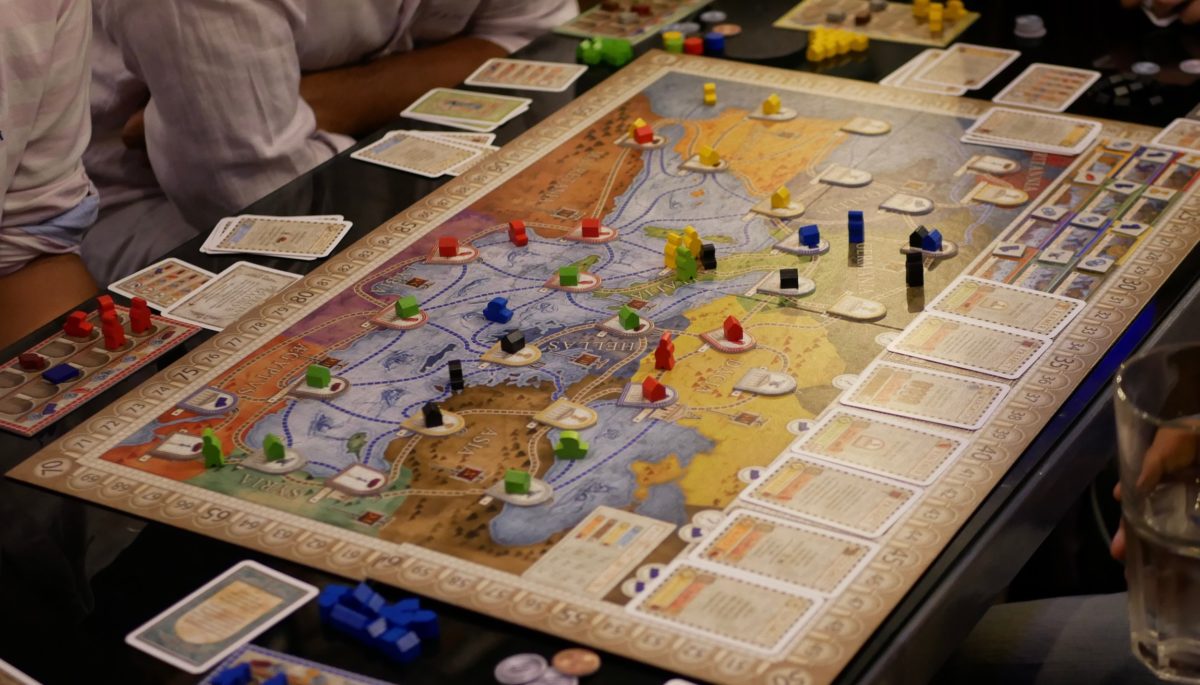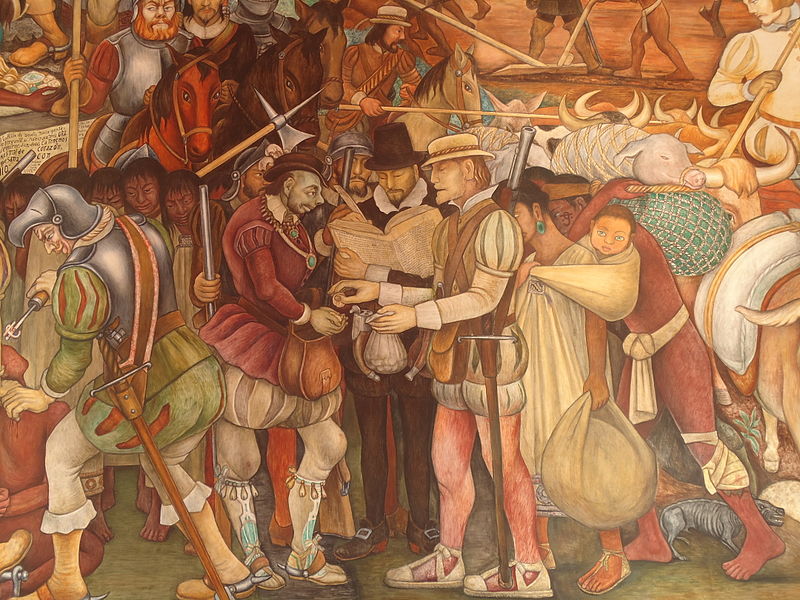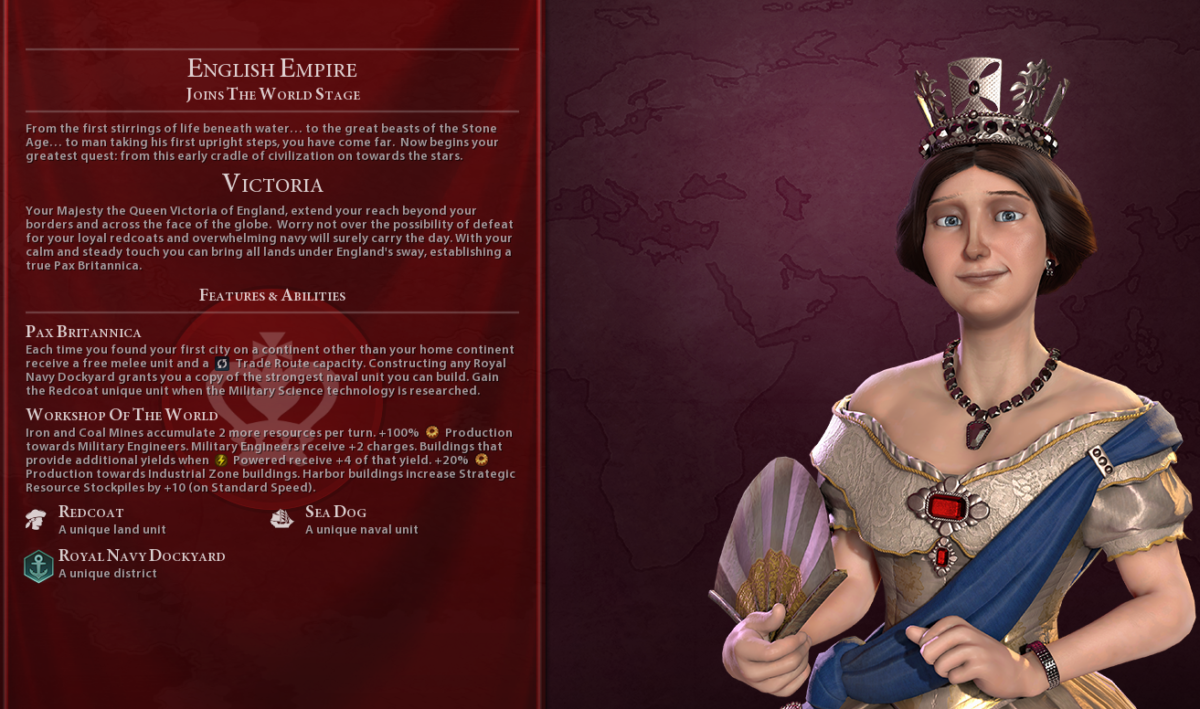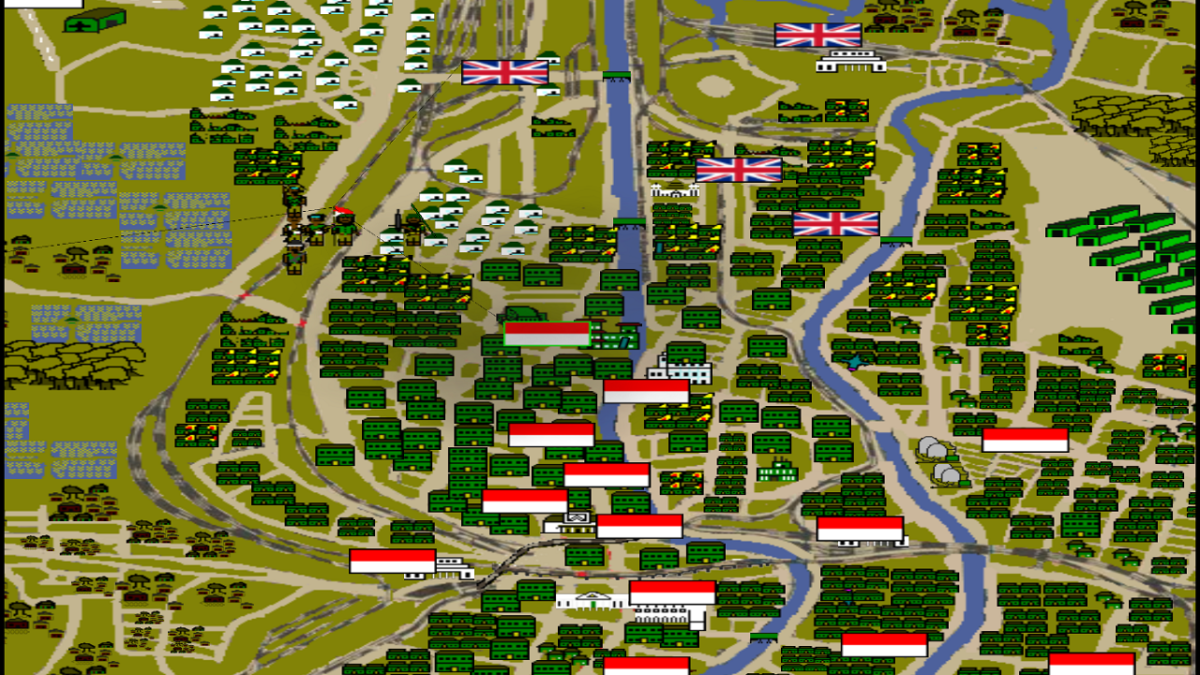The discourse surrounding Holocaust-based simulation exercises and games underscores pedagogical and moral possibilities and limitations for educators or designers. Holocaust simulations are viewed as an outlet for participants to emotionally and psychologically engage with the past. Holocaust-themed exercises invite participants to experience victimhood, complicity, lack of agency, and loss. From Ron Jones’ Third Wave experiment […]
